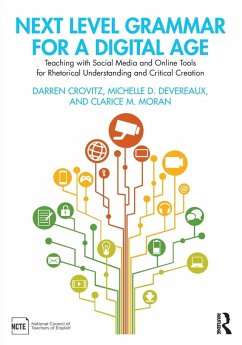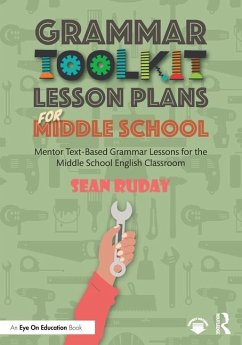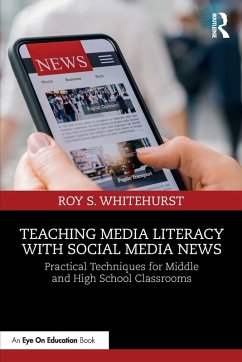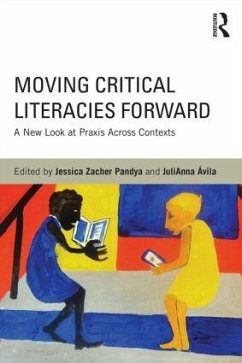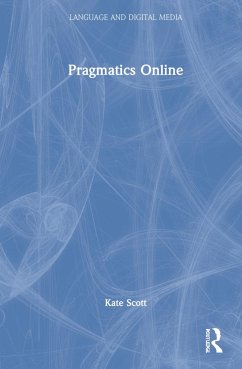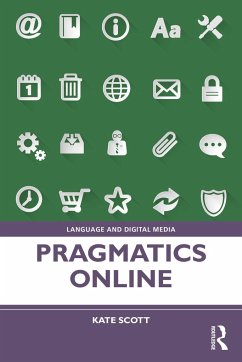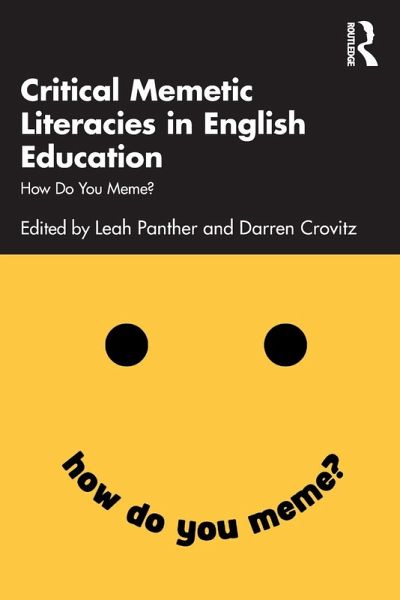
Critical Memetic Literacies in English Education
How Do You Meme?
Herausgegeben: Panther, Leah; Crovitz, Darren
Versandkostenfrei!
Versandfertig in 6-10 Tagen
43,99 €
inkl. MwSt.
Weitere Ausgaben:

PAYBACK Punkte
22 °P sammeln!
This edited collection introduces English and literacy educators to the theoretical, research-based, and practical dimensions of using digital memetic texts-"memes"-in the classroom. Digital memetic texts come with new affordances, particularly as avenues for student creativity, voice, and advocacy. But these texts can also be put to manipulative, propagandistic, and nefarious purposes, posing critical challenges to an informed, democratic citizenry. Grounded in multimodality and critical literacy, this book investigates the fascinating digital dimension of texts, audiences, and meaning, and c...
This edited collection introduces English and literacy educators to the theoretical, research-based, and practical dimensions of using digital memetic texts-"memes"-in the classroom. Digital memetic texts come with new affordances, particularly as avenues for student creativity, voice, and advocacy. But these texts can also be put to manipulative, propagandistic, and nefarious purposes, posing critical challenges to an informed, democratic citizenry. Grounded in multimodality and critical literacy, this book investigates the fascinating digital dimension of texts, audiences, and meaning, and considers how English educators might take up these conversations in practical ways with students. With authentic examples from teachers and students, this volume provides a road map to researchers and educators-both preservice and in-service-interested in critical and productive uses of these modern phenomena.





